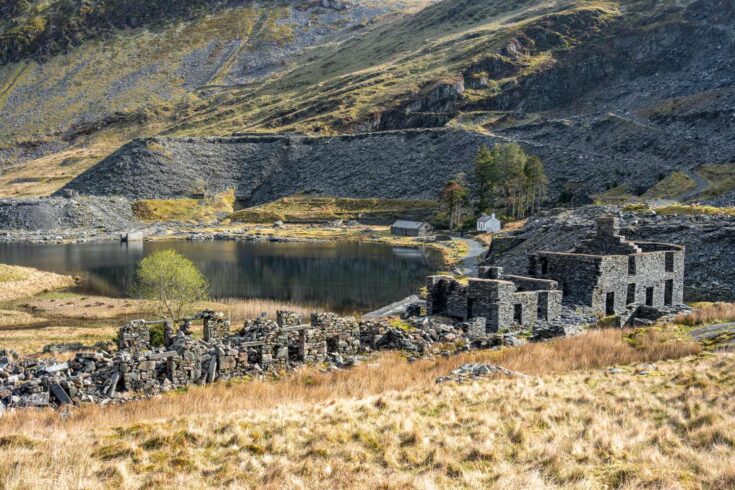It’s hard to think of a challenge quite as complex as the UK’s journey to net zero.
To even call it a journey suggests there is a clear route ahead.
It’s not just the size of the challenge, it’s the intricate ways in which our systems are connected and interdependent, and the ways our people and societies operate within those systems.
To meet net zero targets, the pace of innovation and implementation needs to accelerate significantly.
Net Zero Living programme
Innovate UK is providing this impetus by investing in a cleaner future through its £60 million Net Zero Living programme.
The programme is designed to help places and businesses to accelerate the delivery of the transition to net zero.
Phase 1
In this first phase of the programme, 31 projects from across the UK have been awarded a share of £2 million through a competitive process.
The projects will carry out feasibility studies to understand what approaches to test in their local area.
The programme focuses on overcoming ‘non-technical’ or social systemic barriers such as:
- financing
- governance
- regulation
- engagement
Projects range from examples such as decarbonising transport, housing retrofit, and local energy planning.
Phase 2
Following completion of these 31 feasibility studies, the projects will be invited to a potential second phase.
Phase 2 will fund up to 6 places, £5 million each to demonstrate some of the outputs from phase 1.
Low carbon power and transport models
One example is in rural North Wales, in the small towns of Blaenau Ffestiniog and Bethesda.
The towns face unique challenges related to their geography and demographics in transitioning to low carbon power and transport models.
The project will develop a plan, working with local universities and young people to:
- design low carbon solutions including an e-bike and electric vehicle network
- create new business models for hydro, solar, wind and heat networks
As part of a community heat plan, the project will train local people to develop community heat companies which will be powered by renewables.
It will also create a network of ‘green handypersons’ to help households install basic energy efficiency measures.
Local net zero solutions
Another study given the funding go-ahead is the West Midlands Combined Authority’s Project Creating A Market for Place-based OutcomeS.
This project aims to solve one of the biggest problems stopping us from reaching net zero; the lack of ways to get funding for local net zero solutions.
Creating a market for place-based outcomes will:
- increase certainty in the financial model
- build confidence for funders
- encourage finance to flow into solutions, accelerating net zero delivery
It will analyse a wide range of net zero interventions: from warm, energy efficient homes and low carbon heating, to low carbon mobility, neighbourhood regeneration and enhanced green spaces.
It will then demand test these with a group of potential funders, liability holders and communities. It will make sure that outcomes not only match funder expectations, but continue to meet the needs of local communities.
Sustainable, greener, more equitable future
Innovate UK’s Executive Director for Net Zero Mike Biddle said:
Working with our partners in government, we are taking bold steps towards achieving net zero and levelling up our communities.
The funding for these feasibility studies in 31 places across all corners of the UK is a strong indication of our commitment to creating a sustainable, greener and more equitable future for everyone.
Many of the solutions needed to reach net zero are starting to become available, but making it happen isn’t easy.
Local authorities have a key role to play in addressing up to 30% of our carbon emissions, and even more through their influence on planning and policy decisions.
It is so exciting to see this work begin because of the huge potential it has to make a real impact for our communities.
We’re eager to see the results of the feasibility studies and take the most promising projects to the next stage.
Top image: Credit: Robert Thorley, iStock, Getty Images Plus via Getty Images

